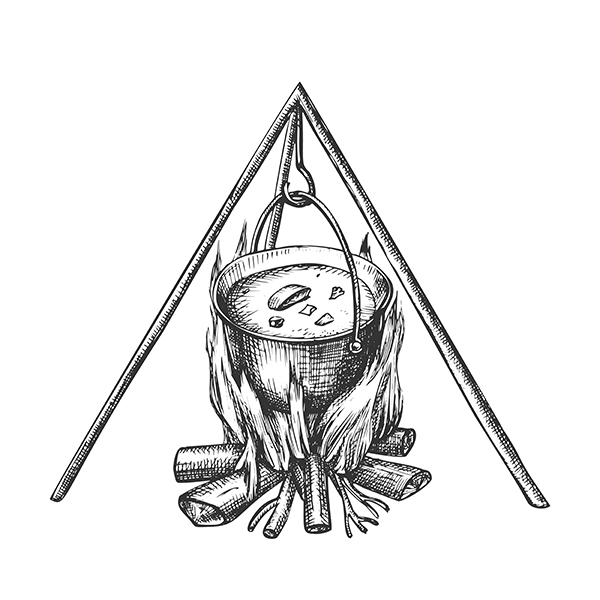
With about 13 minutes to go in his Netflix special “Mohammed in Texas,” Mo Amer does a bit about hummus in which he rails against the proliferation of low-quality, prepackaged hummus. I love Amer. I love his comedy. I love his show. I love his ethos. He boils hummus down to the essential four ingredients and allows for an optional fifth. You probably hear a “but” coming because that’s how this trope works: “I really like X’s take on Y, but [insert justification for your own opinion].” I’m going to try not to do that. Or maybe you think I’m going to continue raving about hummus and offer my own take on hummus or even a recipe. I’m going to try not to do that, either. The truth is, there’s no justification for me talking authoritatively about hummus recipes or culture. I will say this: I only like the classic hummus with five ingredients, but this was not always the case.
I don’t really know what to say about most things,1 but I do know that comedy is really good at finding the cracks in the facades of symbolic systems. Stand-up can point out hypocrisies and ironies and points of tension really well because the performance apparatus is loose and flexible. It’s usually a person talking into a microphone. The audience can be big or small. It can be both scripted and/or spontaneous. Because of the form and the solo nature of it, stand-ups can amplify tensions by not picking a team or by switching teams in the middle of a bit. Amer is clearly on team hummus, but he amplifies the tension around hummus in America by pointing out that Americans love “hummus,” but the hummus we love often isn’t hummus. People are borrowing the word “hummus” to hawk their own thing. Sometimes, it’s a twist-on-a-classic thing. Other times it’s a chocolate dip.

